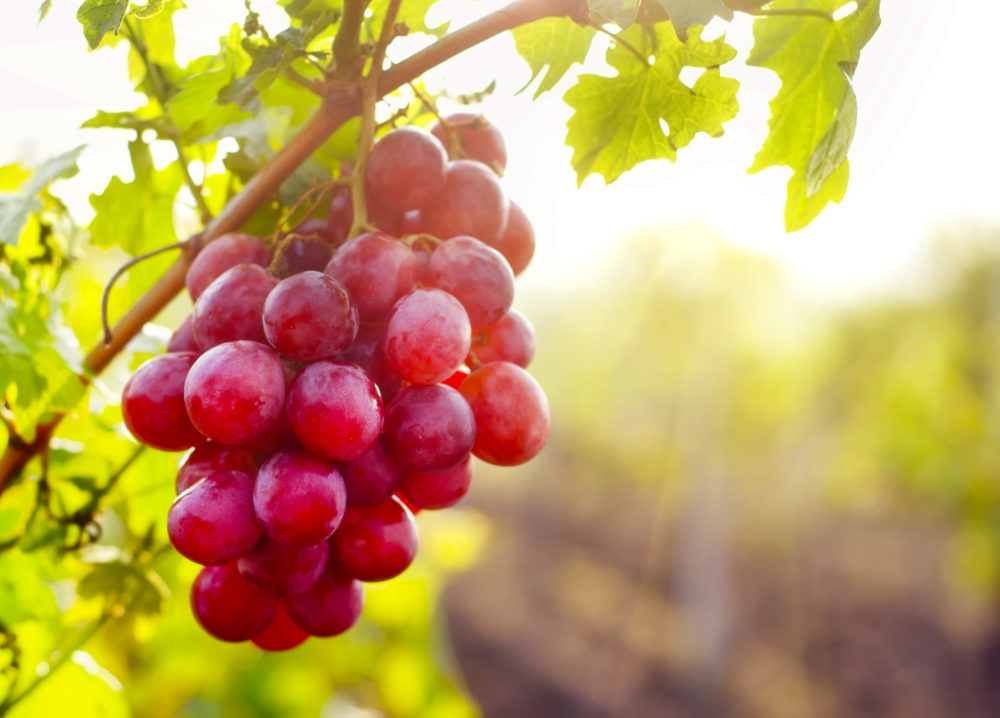Resveratrol is the Anti-Aging Supplement You’ve Been Looking For

Resveratrol is a phytoalexin, a natural substance that is released by plants to protect them from fungus and other microbes, from extreme temperatures, and from excessive dampness or drought. Resveratrol is found in the skin of red grapes, red wine, and peanuts. As a supplement, Resveratrol is one of the first that drew a significant amount of attention from the scientific and medical communities throughout the world. As a matter of fact, it has been researched extensively for its many health benefits; to date, there are over 4,000 human studies with Resveratrol.
Anti-Aging
Resveratrol is an antioxidant and anti-inflammatory substance. By being small enough to penetrate almost any cell in the body, it is able to activate many latent genes that aid in our survival and potentially extend the life of our cells.
According to Amanda Williams, MPH, Director of Nutrition for InVite® Health, resveratrol has been shown to increase the activity of SIRT1 (a gene that has been identified as the possible cause of aging), published in the Journal of Science. Researchers at Harvard University led the efforts to prove the power of resveratrol in enhancing mitochondrial function and longevity. Lead researcher from Harvard, David Sinclair reported, “In the history of pharmaceuticals, there has never been a [a drug] that binds to a protein to make it run faster in the way that Resveratrol activates SIRT1.”
Read, “A Potent Antioxidant: Resveratrol’s Impact on Longevity” by Amanda Williams, MPH
Heart Health
As an antioxidant, it targets free radicals and limits the impact of oxidative stress on our cells. In a study published in the American Journal of Clinical Nutrition, researchers found a strong correlation between red wine consumption and cardio-protective effects. “Red wine consumption for 2 weeks resulted in a 20% reduction in the propensity of plasma to undergo lipid peroxidation. In parallel, red wine consumption reduced the propensity of the volunteers’ LDL to undergo lipid peroxidation (in response to copper ions) as determined by a 46%, 72%, and 54% decrease in the content of TBARS, lipid peroxides, and conjugated dienes in LDL, respectively, as well as by a substantial prolongation of the lag phase required for the initiation of LDL oxidation.”
Does this mean you should consume more red wine? Probably not. The amount of red wine one would have to consume in order to reap Resveratrol’s benefits is unattainable. But, according to Amanda Williams, a person taking 20mg of Resveratrol supplements may ingest the equivalent amount of Resveratrol found in roughly 40 glasses of red wine.[1] Cheers to that!
[1] https://www.invitehealth.com/Article-antioxidant-Reservatrol-Longevity.html